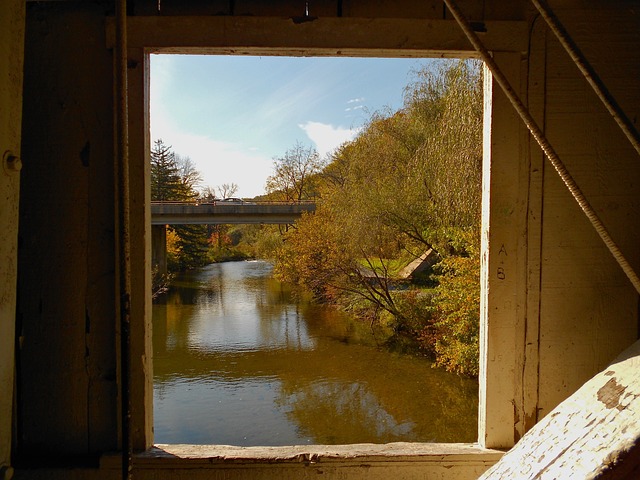Shanksville, founded in 1798, was named for its founder, Christian Shank, who erected the first house within the limits of the village. Previously he had erected two saw mills here and in 1803, he erected a grist mill and a woolen mill.
In 1829, the village was laid off into lots by its founder. There were already a few houses and a store that was opened by Emanuel Shaffer about 1828. He was succeeded by Jacob J. Shover. The first wagonshop was started by John R. Marker also about 1828.
Daniel Shank opened the first hotel, prior to 1840. Dr. Fulk was the first physician. The Reformed and Lutheran denominations erected the first church in 1848. The building is now the Reformed church. Shanksville postoffice was established in 1847 with Josiah Brant as the first postmaster.
Charles Shanks, great-grandson of Christian Shanks, built the first planing-mill in Shanksville in 1871. It burned and was rebuilt in 1883. David Ross and his sons built a planing-mill there in 1874. Charles L. Baltzer has been in the mercantile business in Shanksville since 1862. He is the present postmaster (1884), and was appointed in 1871.
Samuel Dunham, son of Ezra & Mary (Berkebile) Dunham, was engaged in the mercantile business one year at Hillsboro, four years at Buckstown, four at Pine Mills, and since 1879 has followed the same pursuit at Shanksville. L.C. Ackerman, eldest son of John Ackerman, has followed the saddler’s trade in Stoystown, Somerset and Johnstown. In 1881 he engaged in his business at Shanksville. Mr. Ackerman was elected justice of the peace in 1880.
In 1884 the town had three churches, one physisian, three stores, one tin store, one saddler shop, two blacksmith shops, one wagon shop, two planing- mills, one flouring mill and one hotel.
In 1912, Shanksville Borough was incorporated. Edward C. Ross was the first burgess of the new borough. Shanksville had a population of 272 persons in 1930.
